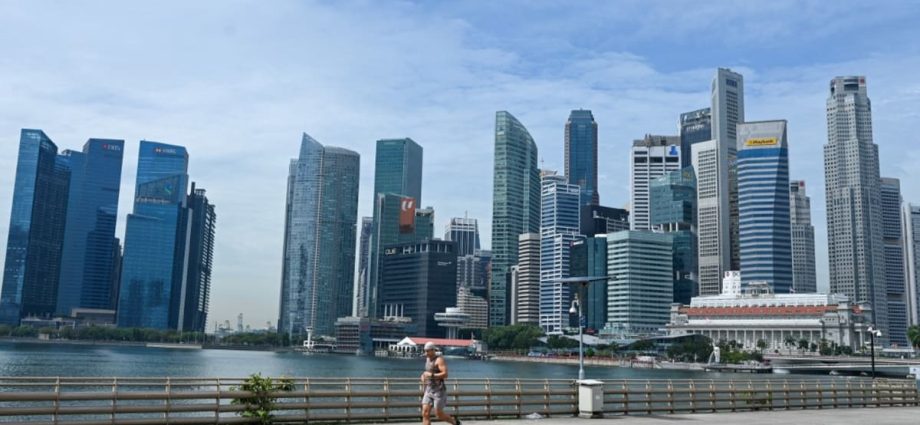
DIFFICULT CHOICES ON WAGES AND FOREIGN LABOUR
Consider this: In labour-lean Singapore, in fact millions of dollars have been put aside through various government programmes to skill, reskill, and upskill workers; attract more to return to the workforce and remain past retirement age. Mr Wong, who is also Finance Minister, has said that this system of skills development, including SkillsFuture, will be made more effective, especially for those who now only have basic vocational capabilities.
That effort must undergird the near-universal implementation of the skills and wage ladder system of the Progressive Wage Model at this time of recovery which places a double burden on employers. As businesses struggle to survive, restructure and develop new streams of value, they also have to do right by local workers. They will not be allowed to grasp for the easier route – to have the foreign workers they need or want.
The policy choice has been to ensure that firms needing workers will also need to pay a “local qualifying salary” before they are allowed to tap foreign labour – this from Work Permits to professional Employment Passes.
At the higher end, foreign professionals can be scored on four or up to six stringent criteria in the Complementarity Assessment Framework, recently enhanced to recognise the needs for strategic growth sectors, before they are assessed to be qualified for work here.
In his speech, Mr Wong shared stories of three multinational firms to illustrate his grasp of the sort of competition Singapore faces in securing more wealth-creating investments and the strategies employed for a win-win-win equation among the tripartite partners for the long-term.
What he did not mention much of are the local businesses that need “home” to be the best place to start, grow, and take off. They cannot outbid the big boys here for the requisite resources, which is why there are NTUC programmes tailored to this critical market for talent and manpower. It is the foreign-local nexus among businesses that will benefit greater attention as we move ahead.
The 4G leaders led by Mr Wong must mediate this complex set of demands and expectations between labour and employers, tapping on the “inherited” political asset they have, as they take over the reins from PM Lee and the other senior Cabinet members. The more explicit, honest, and emphatic they can be about what these considerations are, the deeper and more robust the political compact across government to employers, workers, and citizens as the world presents us with a more uncertain future.
Dr Gillian Koh is Deputy Director (Research), Institute of Policy Studies, National University of Singapore.

